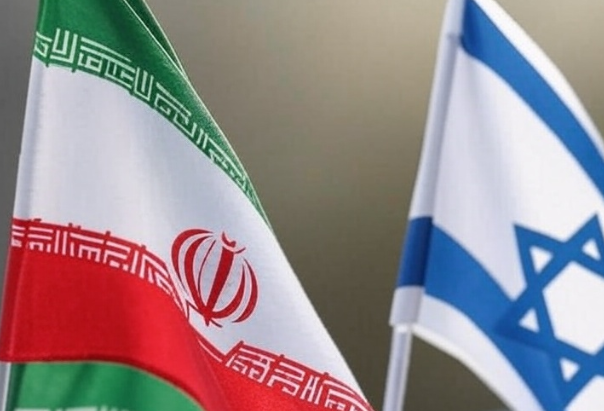
The escalating conflict between Iran and Israel, though unfolding thousands of miles away, has begun to cast a shadow on India’s economy, particularly affecting common households. The first ripple effect has been felt in the prices of edible oils — an essential commodity in every Indian kitchen.
Recently, the Indian government took measures to control domestic inflation by cutting import duties on edible oils. However, the relief expected from these policy moves has been significantly diluted due to surging international prices. In the global market, crude soybean oil prices have jumped by $1 per ton, while palm oil prices have soared by $35 per ton. The primary reason behind this surge is the rising geopolitical tension in the Middle East, especially between Iran and Israel.
The ongoing war has triggered a chain reaction that’s influencing global commodity prices. For instance, in Malaysia — one of the world’s largest producers of palm oil — concerns over supply disruptions have driven prices up. Meanwhile, in the United States, soybean oil futures have surged due to both rising demand and speculative trading. Furthermore, the global shift towards using vegetable oils for biofuel production is also adding to the price pressure.
However, the impact of the Iran-Israel conflict extends beyond just edible oils. Global crude oil prices have also been on the rise ever since the conflict intensified. In May, Brent crude had fallen to around $60 per barrel, but recent tensions have pushed it back up to nearly $80 per barrel. For India, which imports about 85% of its crude oil requirements, this development poses a serious economic challenge. In the financial year 2024-25, India’s crude oil import bill stood at a staggering $143 billion. Even a 5% increase in crude oil prices could inflate this bill by several billion dollars, directly straining the country's current account and eventually burdening the common man through higher fuel prices.
Another looming risk stems from the strategic Strait of Hormuz — a vital maritime chokepoint through which nearly 20% of the world’s oil supply transits. If hostilities were to disrupt traffic through this strait, it could lead to longer shipping times, increased freight costs, and significant supply delays. The knock-on effects would ripple across multiple sectors, amplifying inflationary pressures globally, including in India.
The conflict’s consequences are not limited to fuel and food. Several industries in India are staring at potential cost escalations. The paint and tyre industries, which heavily rely on crude oil derivatives, are likely to face higher input costs. Similarly, the profitability of specialty chemicals and packaging sectors may also come under pressure due to increased raw material expenses.
A report by CRISIL has highlighted that if the war drags on, the real economy in India — comprising agriculture, food & beverages, transportation, and the power sector — could face significant headwinds. Transportation costs may surge, food inflation could worsen, and energy prices might remain elevated, affecting millions of Indian households.
In conclusion, while the Iran-Israel conflict might appear to be a distant geopolitical crisis, its economic impact is becoming increasingly personal for Indian consumers. From rising cooking oil prices to soaring petrol and diesel costs, from strained government budgets to increasing industrial production expenses — the conflict is beginning to touch every aspect of daily life in India. As the situation unfolds, policymakers and businesses alike will need to stay vigilant and prepare for the far-reaching economic consequences of this ongoing crisis.
Disclaimer:
This article is for informational purposes only. The analysis is based on current events, public data, and expert reports. The situation is evolving, and actual outcomes may differ depending on geopolitical developments. Readers are advised to consult official sources and experts for investment or policy decisions. The author and the website are not responsible for any financial or business decisions taken based on this article.




